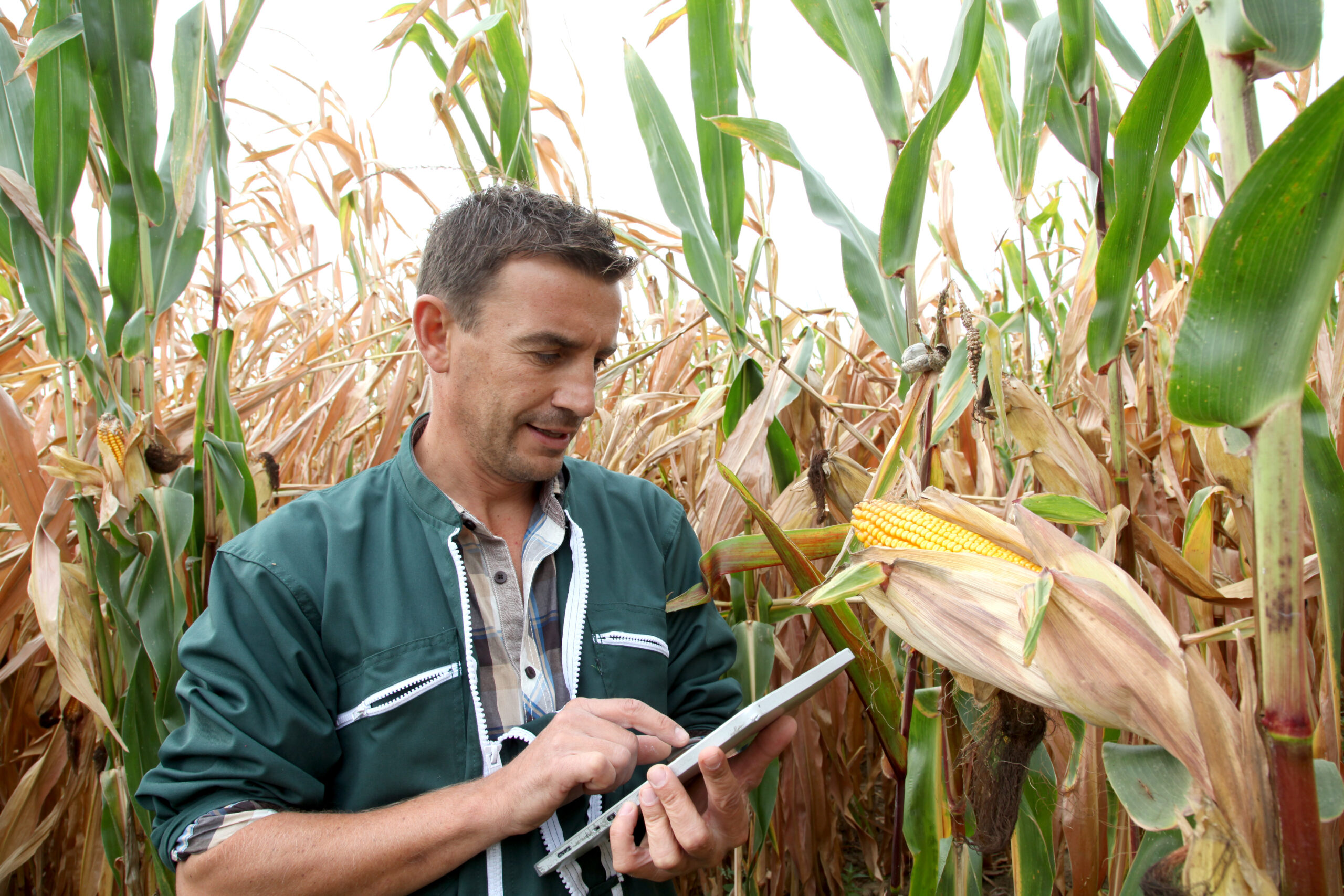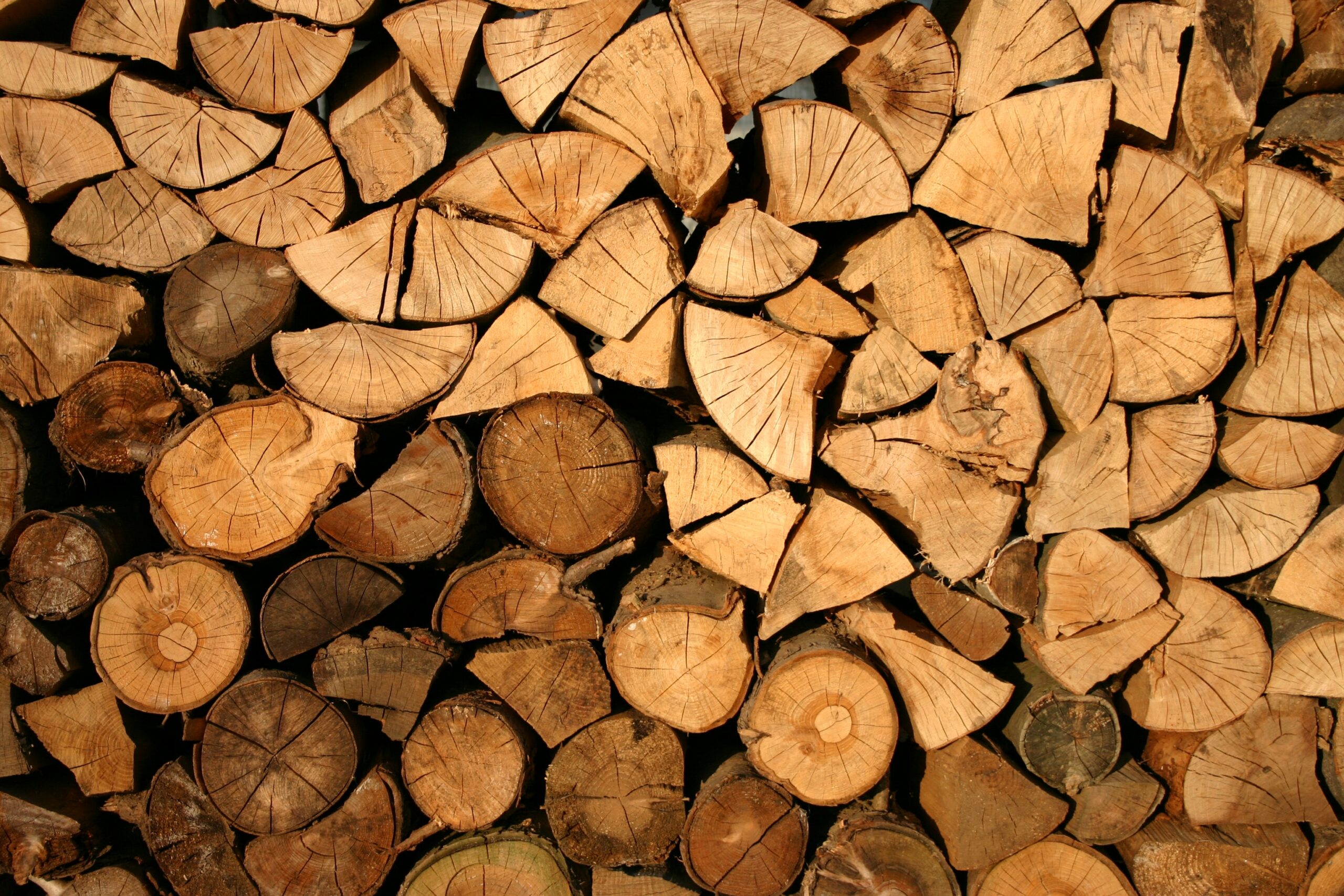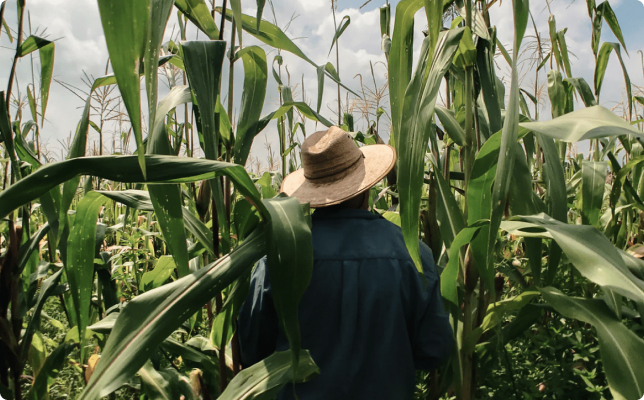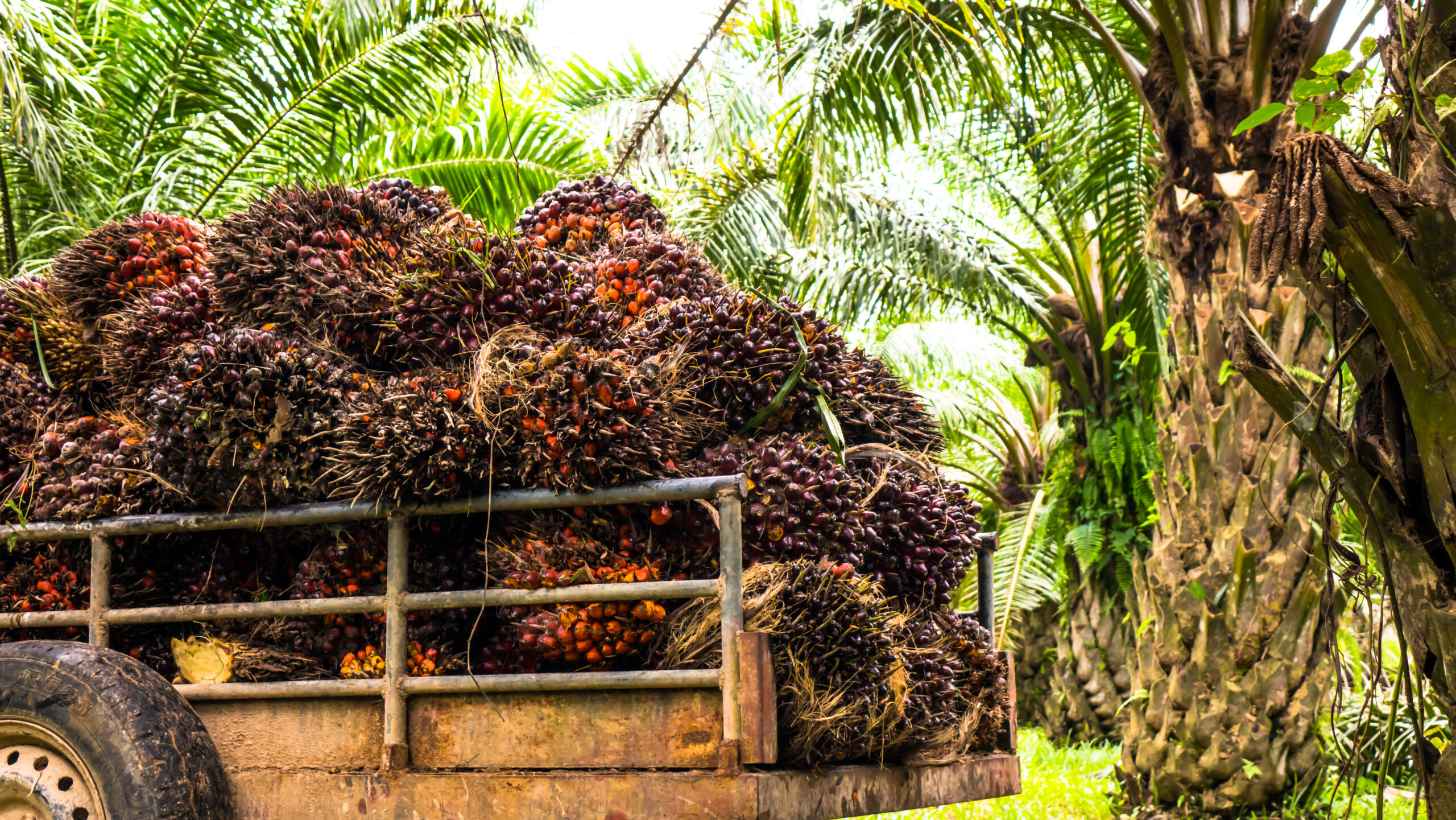

What is a Certification Body?

Voluntary Certifications and EUDR

Will Risk Benchmarking Help Drive Deforestation?

Facing Facts in Forestry: Enhanced Data Requirements under EUDR

How to choose a Certification Body that’s right for you

The impact of consumer behavior on working hours in the textile industry

Choosing a RSPO certification body, what should you consider?

Four key factors to evaluate for a smooth RSPO certification process

Why finding the right partner is essential to become RSPO certified right first time

How can we help you?
Need more details about our certification and inspection services, advice in your language, or answers to other questions? We’re here to help.